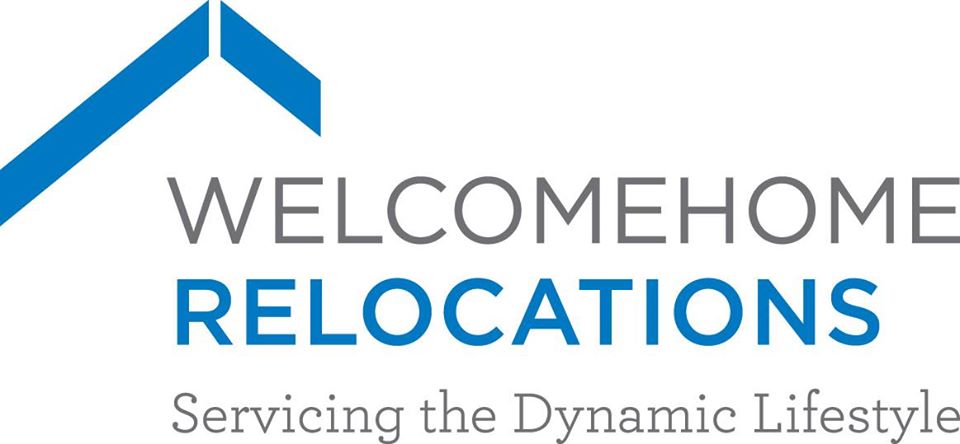The concept of working remotely continues to grow in popularity, as it provides an aspect of freedom that the workforce hasn’t seen much of pre-pandemic. An aspect of the freedom that comes with remote work is the ability to travel. As there are obvious benefits to traveling while working remotely, there is quite a lot to think about and to prepare before starting your international endeavors.
What are the benefits? For those itching to explore and have caught the travel bug, there are an abundance of benefits from travelling while working at the same time. Starting off with the ability to explore new places while not needing to take time off; this increases affordability, as travelling used to only be associated with a pay cut, or PTO, which is usually for a limited number of days a year. Another benefit is creating a better work/life balance. Being able to switch up your scenery/environment is very important when working remotely.
Not only is travelling while working a more interesting, fun experience, but it also creates a lot of opportunities for learning curves, as well as opportunities for cultural immersion.
What to plan before you go…
Picking a destination can be a treacherous decision, as there are so many intriguing, picturesque options. Some important things to consider are factors like time zones and internet connectivity; if your job requires a lot of calls/client-facing work, it is a must that the time zone lines up with where your employer is based. As much fun as bouncing around from each continent would be, the time difference isn’t always so giving. Cost of living is also a significant factor to consider, as it must be doable for you to maintain your current income/the assumed income that you will receive each pay period. A big part of the planning would be creating a realistic budget for travel and work expenses, as well as an itinerary so nothing collides. There is nothing worse than not expecting to spend as much as you need to once you have left home!
Setting up your space…
Your work environment can make a big difference in how well you focus during your work hours. Having separation in your space is key: laptop/work desk should not be near where you relax (couch, bed etc.) Apart of your budget will include the proper tools to succeed a space that you will be productive in. Master and establish a routine that allows you to stay productive despite travelling.
Connect…
A good way to navigate the ins and outs of travelling while working remotely, connecting with other remote workers, as well as locals can go a long way. Relating to common challenges with people that have maybe been in this particular situation longer, can give you some good pointers and tips.
What are companies allowing…
As numerous companies have changed their policy in terms of remote working ever since the pandemic, they have also adjusted to travel policies. Most have started to allow employees to work from any location, but mainly for short periods of time. Some companies do provide employees with travel stipends as well. Companies have also developed a “workcation” policy, which allows, upon approval, employees to work in vacation destinations for extended periods of time. There are also digital nomad programs that companies have developed, which can assist employees in getting a visa and insurance.
Most companies that have developed a remote work environment have given employees guidelines on standards of productivity and communication while not being in the office; this applies also for travelling while working.
In conclusion, the workforce has completely shifted in terms of work environments, and travel is not far out of reach for most remote employees. Policies differ from company to company, and looking into the allowances and standards could open a lot of opportunities for you if you have the itch to explore the world.



